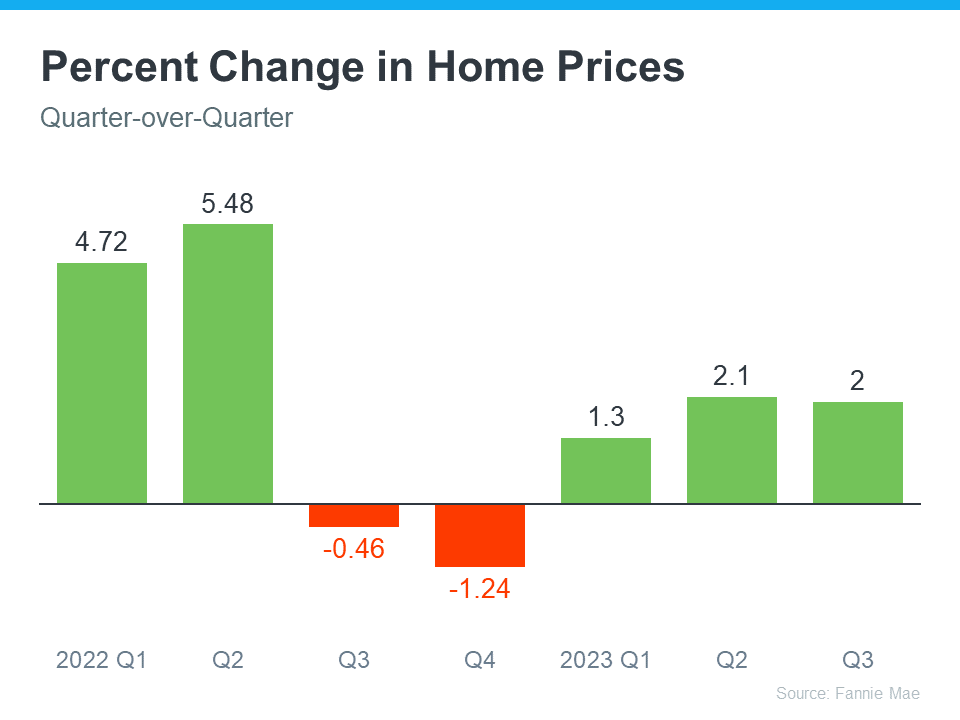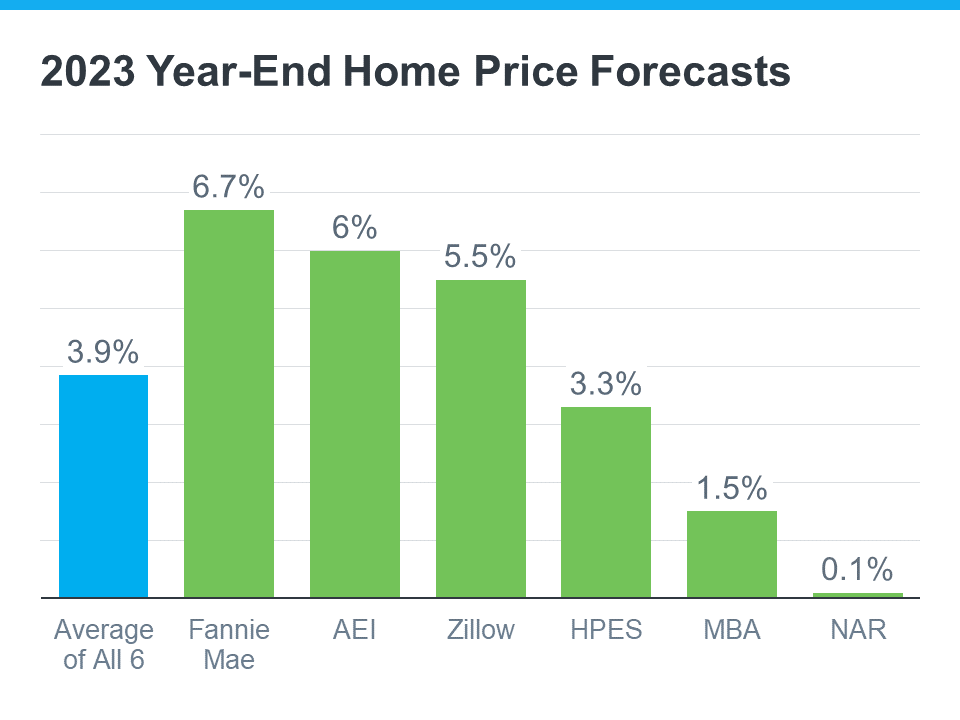Reasons To Sell Your House Before the New Year
As the year winds down, you may have decided it’s time to make a move and put your house on the market. But should you sell now or wait until January? While it may be tempting to hold off until after the holidays, here are three reasons to make your move before the new year.
Get One Step Ahead of Other Sellers
Typically, in the residential real estate market, homeowners are less likely to list their houses toward the end of the year. That’s because people get busy around the holidays and sometimes deprioritize selling their house until the start of the new year when their schedules and social calendars calm down. But that gives you an opportunity to get one step ahead.
Selling now, while other homeowners may hold off until after the holidays, can help you get a leg up on your competition. Start the process with a real estate agent today so you can get your house on the market before your neighbors do.
Get Your House in Front of Eager Buyers
Even though the supply of homes for sale did grow compared to last year, it’s still low. That means there aren’t enough homes on the market today. While some buyers may also delay their plans to move until January, others will still need to move for personal reasons or because something in their life has changed.
Those buyers are still going to be active later this year and will be seriously motivated to make their move happen because they need to. Unfortunately, the challenge they’ll face is a shortage of available inventory to meet their needs. A recent article from Investopedia says:
“. . . if your house is up for sale in the winter and someone is looking at it, chances are that person is serious and ready to buy. Anyone shopping for a new home between Thanksgiving and New Year’s is likely going to be a serious buyer. Putting your home on the market at this time of year and attracting a serious buyer can often result in a quicker sale.”
Use Your Equity To Fuel Your Move
Keep in mind that homeowners today have record amounts of equity. According to CoreLogic, the average amount of equity per mortgage holder has climbed to almost $290,000. That means the equity you have in your house right now could cover some, if not all, of a down payment on the home of your dreams.
And as you weigh the reasons to sell before year-end, it’s important to remember the reasons that sparked your desire to move in the first place. Maybe it’s time for a new home in a location that suits you better, one that offers the perfect space for you and your loved ones, or maybe your needs have evolved over time. A local real estate agent can help you determine how much home equity you have and how you can use it to achieve your goal of making a move.
Bottom Line
Listing your home before the new year can offer unique benefits. Less competition, motivated buyers, and your equity gains can all play to your advantage. Reach out to a local real estate agent to achieve your goals before winter sets in.






